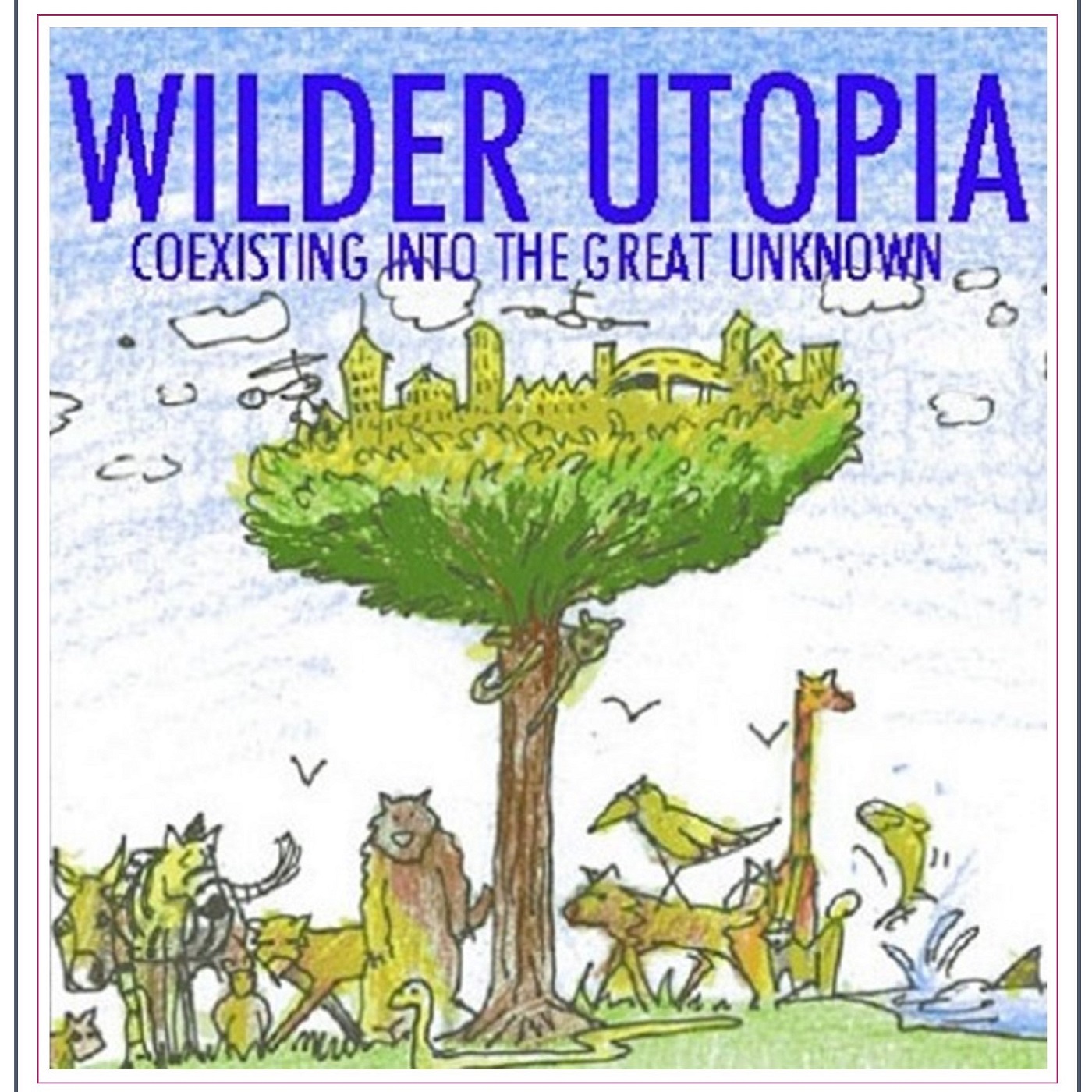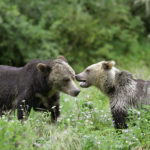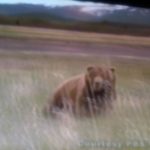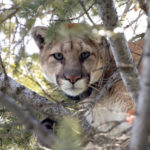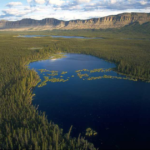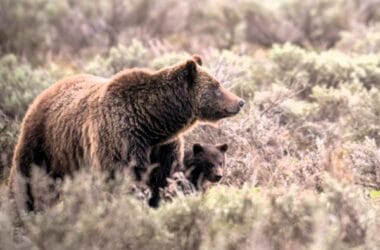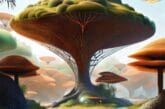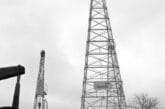Watch the 1988 French film The Bear, by Jean-Jacques Annaud, the story of an orphaned cub and a grizzly in the end of the 19th Century wilderness of British Columbia. The story is based on the 1912 book The Grizzly King by James Oliver Curwood.
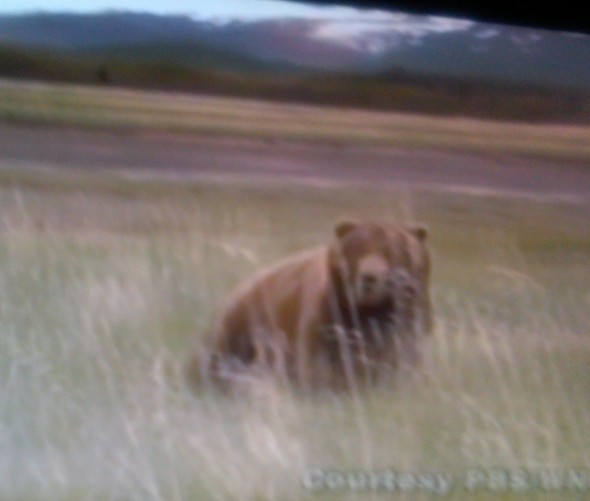
Rocks begin to fall from the upper ledges, gradually turning into a small landslide, and the mother is crushed under a boulder. The cub tries to free her by removing some of the smaller rocks, then gives up and chases after a butterfly; eventually he (to capitulate to convention) goes to sleep beside his mother’s dead body, and in the morning descends the mountain alone. — Jonathan Rosenbaum
“The whole concept of ‘wild’ was decidedly European, one not shared by the original inhabitants of this continent. What we called ‘wilderness’ was to the Indian a homeland, ‘abiding loveliness’ in Salish or Piegan. The land was not something to be feared or conquered, and ‘wildlife’ were neither wild nor alien; they were relatives.” — Doug Peacock, Grizzly Years: In Search of the American Wilderness
STORY: Edward Abbey: A Solitary Voice in the Wilderness
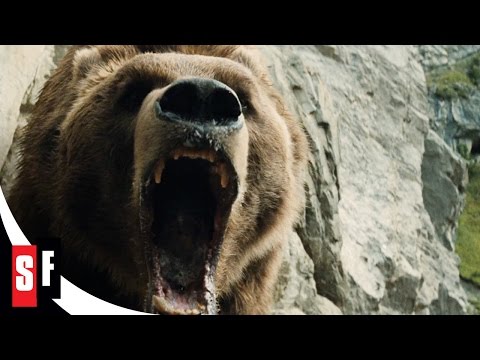
Watch this video on YouTube
The Bear (known as L’Ours in its original release) is a 1988 French film directed by Jean-Jacques Annaud. Adapted from the novel The Grizzly King: A Romance of the Wild (1916) by U.S. author James Oliver Curwood, the screenplay was written by Gérard Brach. Set in late 19th-century British Columbia, Canada, the film tells the story of an orphaned bear cub who befriends an adult male grizzly as hunters pursue them through the wild. Several of the themes explored in the story include orphanhood, peril and protection, and mercy toward and on the behalf of a reformed hunter.
“The dangerous temptation of wildlife films is that they can lull us into thinking we can get by without the original models — that we might not need animals in the flesh.” — Doug Peacock, Grizzly Years: In Search of the American Wilderness
h-t MovieZin
Updated 5 December 2023

